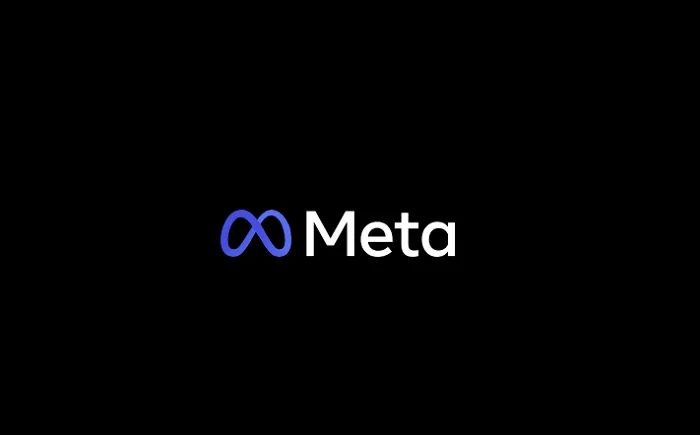To shield its adolescent users from the escalating danger of ‘sextortion,’ Meta, the parent corporation overseeing Facebook and Instagram, has declared the enlargement of its initiatives designed to forestall and tackle this concerning problem.
‘Sextortion,’ a portmanteau of ‘sex’ and ‘extortion,’ refers to the act of coercing individuals, often teenagers, into providing sexually explicit images or videos through manipulation, threats, or deception. Once in possession of such material, perpetrators use it to blackmail and manipulate their victims, often escalating the abuse and causing severe psychological distress.
Recognizing the urgent need to combat this form of online exploitation, Meta has unveiled a series of initiatives designed to empower users, particularly adolescents, to protect themselves from ‘sextortion’ and seek help if they become victims. These initiatives include educational resources, safety features, and partnerships with external organizations dedicated to combating online abuse and exploitation.
One of the key components of Meta’s expanded efforts is an enhanced focus on education and awareness-raising among its teenage user base. Through targeted campaigns, informative content, and interactive tools, Meta aims to equip young users with the knowledge and skills necessary to recognize and respond to potential ‘sextortion’ threats effectively. By fostering a culture of digital literacy and empowerment, Meta hopes to empower teenagers to make informed decisions and stay safe online.
In addition to educational initiatives, Meta is rolling out new safety features and tools across its platforms to help prevent and mitigate the risks of ‘sextortion.’ These include enhanced privacy controls, reporting mechanisms, and AI-powered detection systems designed to identify and flag suspicious behavior associated with ‘sextortion’ schemes. By leveraging technology and innovation, Meta seeks to create safer and more secure online environments for its users, where they can connect, share, and communicate without fear of exploitation or harm.
Furthermore, Meta is strengthening its partnerships with law enforcement agencies, child protection organizations, and advocacy groups to enhance its response to ‘sextortion’ incidents and support victims. By collaborating with external stakeholders, Meta aims to improve information sharing, streamline reporting processes, and facilitate access to support services for individuals affected by ‘sextortion’ and other forms of online abuse.
While Meta’s efforts to address ‘sextortion’ represent a positive step forward in the fight against online exploitation, challenges remain in effectively tackling this complex and pervasive issue. As technology evolves and perpetrators adapt their tactics, companies like Meta need to remain vigilant, responsive, and proactive in safeguarding their users from harm.
Meta’s extension of its initiatives to shield adolescent users from ‘sextortion’ underscores its dedication to fostering safety, welfare, and digital literacy on its platforms. By combining education, technology, and collaboration, Meta aims to create a safer online environment where young people can explore, connect, and express themselves without fear of exploitation or harm. However, addressing ‘sextortion’ requires a collective effort involving governments, tech companies, civil society, and individuals working together to combat this insidious form of online abuse and protect vulnerable users.









